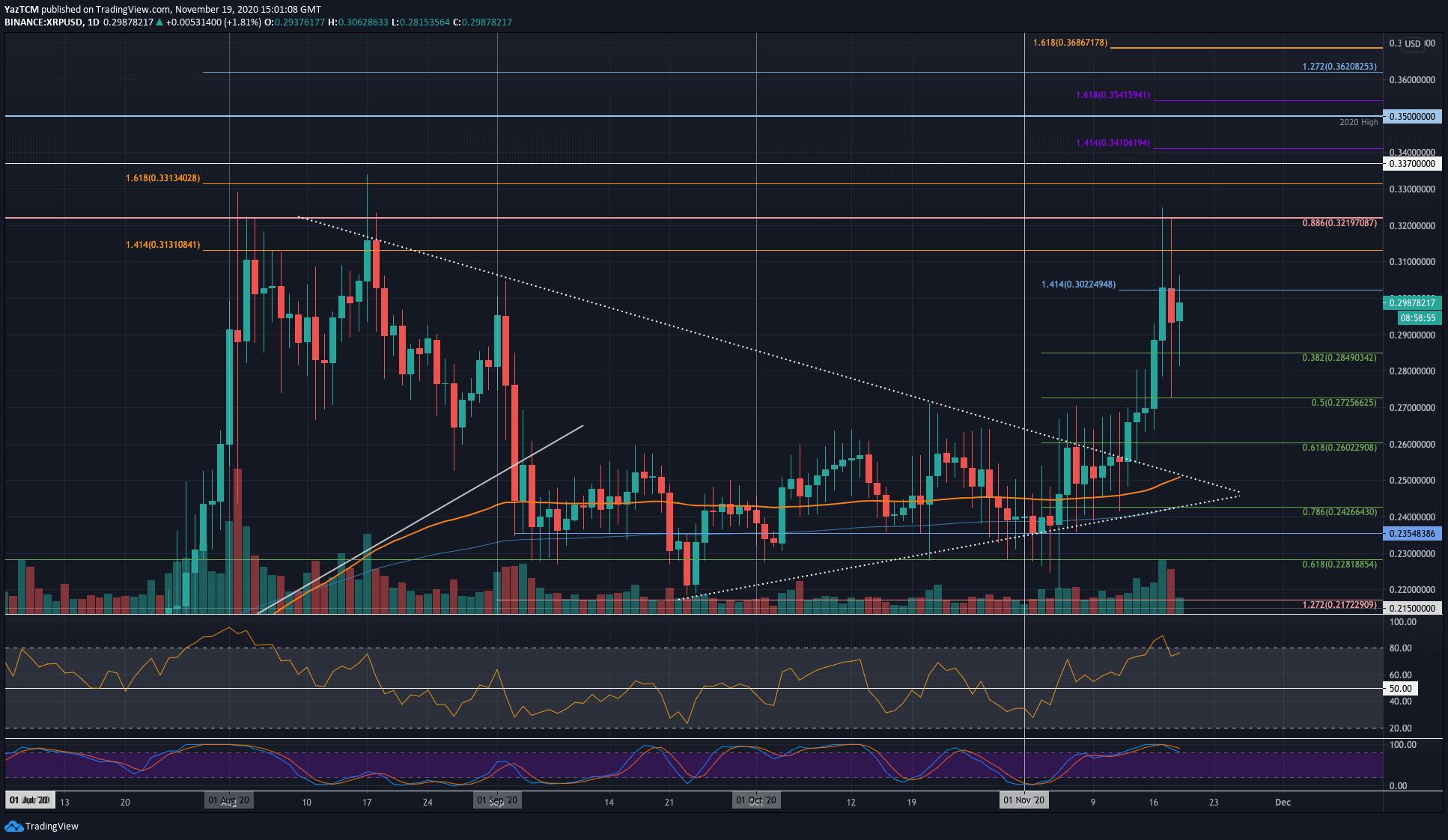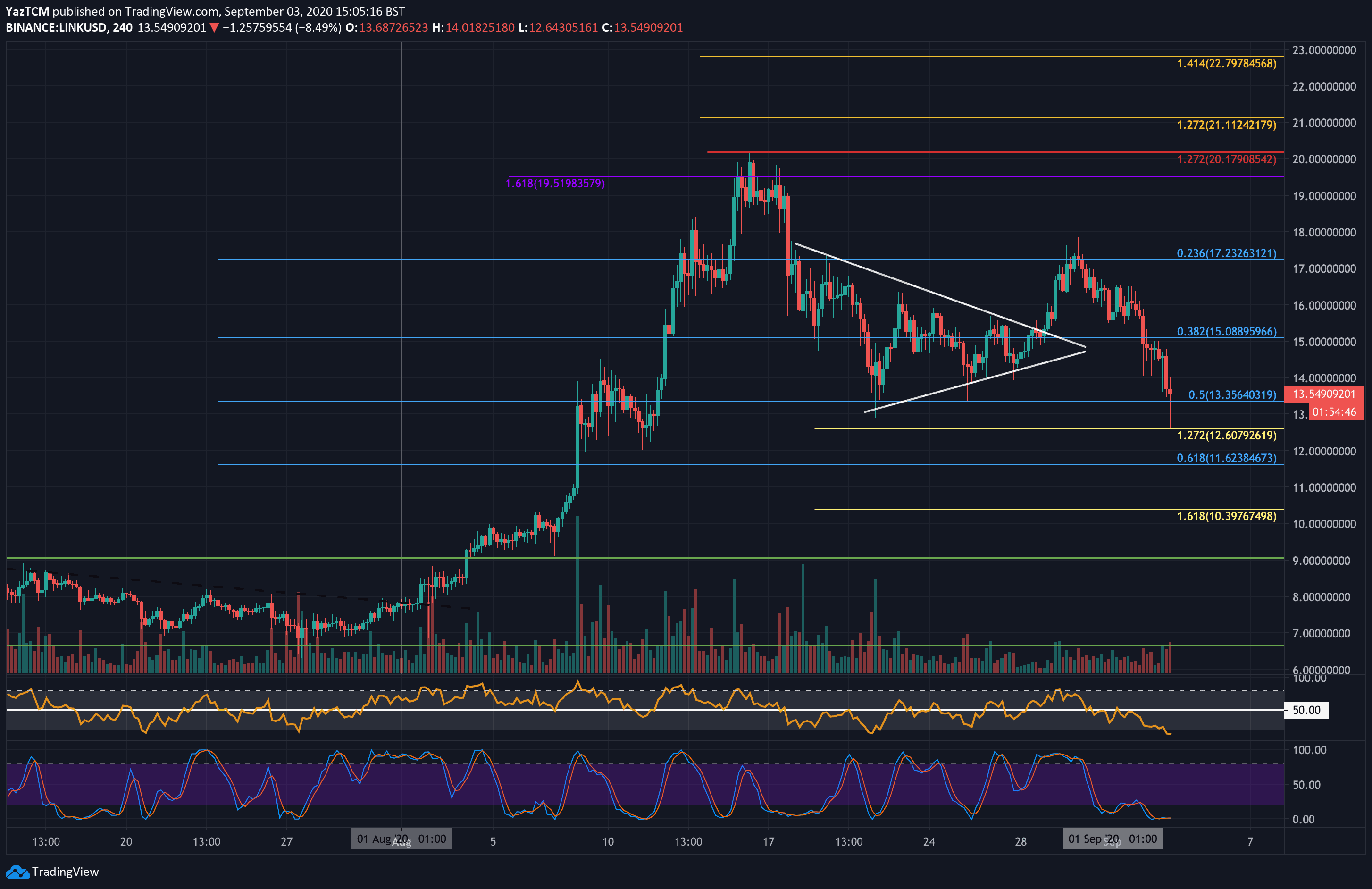Bittrex Fined With $53 Million For Violating Anti-Money Laundering Laws
Cryptocurrencies are supposed to be censorship resistant… Cryptocurrency exchanges, not so much. Bittrex found this out the hard way after a record fine imposed by the U.S. regulators.
On October 11, the U.S. Department of the Treasury’s Office of Foreign Assets Control (OFAC) and the Financial Crimes Enforcement Network (FinCEN) announced that Bittrex, a Washington-based cryptocurrency exchange, will be fined $53 million for violating multiple securities laws.
According to the statement, Bittrex violated sanctions laws and anti-money laundering obligations, resulting in two fines of more than $24 million and $29 million, respectively. This would be the largest enforcement action ever imposed by the OFAC on a cryptocurrency exchange.
Sanctioned Countries Moved Nearly $263 Million in Bittrex
According to the OFAC, Bittrex allowed individuals from Crimea, Cuba, Iran, Sudan, and Syria to use its platform to move nearly $263,451,600.13 between March 2014 and December 2017.
Bittrex agreed to pay $24,280,829.20 to the U.S. regulators for making 116,421 apparent violations of multiple sanctions programs and $29,280,829.20 for its willful violations of the BSA’s AML program and SAR requirements.
The fine emphasizes the importance of implementing appropriate controls in compliance with the Bank Secrecy Act’s (BSA’s) anti-money laundering (AML) sanctions and obligations to the crypto industry, according to OFAC.
It further stated that “inaction,” lack of proper background research, or failure to report a suspicious non-compliant user may result in violations of both OFAC and FinCEN regulations, potentially allowing unlawful acts to be committed through their platforms.
Regulators Won’t Let Exchanges Turn a Blind Eye to Sanctions
Andrea Gacki, head of the OFAC, said that whenever companies fail to comply with sanctions effectively, “they can become a vehicle for illicit actors that threaten the national security of the United States.”
In addition, Gacki noted that all exchanges globally should have proper knowledge of their clients; otherwise, they will be held accountable in court for allowing any violations of U.S. sanctions.
“Virtual currency exchanges operating worldwide should understand both who-and where-their customers, are. OFAC will continue to hold accountable firms, in the virtual currency industry and elsewhere, whose failure to implement appropriate controls leads to sanctions violations.”
Himamauli Das, FinCEN’s acting director, said that Bittrex had an improper execution of AML and SAR controls, exposing the United States to threats like transactions from people living in sanctioned jurisdictions, darknet marketplaces, and ransomware attacks.
This announcement comes amid increased efforts by the U.S. government to control the cryptocurrency industry. In addition to Bittrex, an investigation into Kraken was recently announced, and the SEC mentioned in a recent complaint that Coinbase may have listed a handful of securities, including AMP (AMP), Rally (RLY), DerivaDEX (DDX), XYO (XYO), Rari Governance Token (RGT), LCX (LCX), Powerledger (POWR), DFX Finance (DFX), and Kromatika (KROM). It is also investigating Yuga Labs, considering the Bored Ape Yacht Club NFTs and the cryptocurrency ApeCoin could be securities.
If this is not enough, the head of the SEC has said that all Ethereum transactions could fall under US jurisdiction, and most of the cryptocurrencies could be securities. This would be an extreme point of view but is definitely one to consider in future regulatory scenarios.
The post Bittrex Fined With $53 Million For Violating Anti-Money Laundering Laws appeared first on CryptoPotato.









